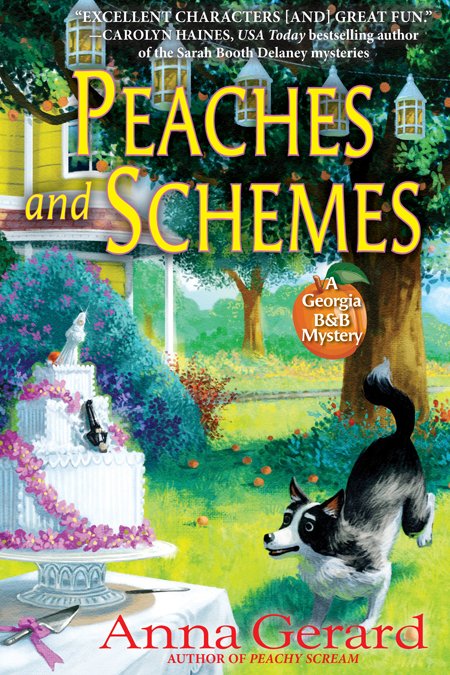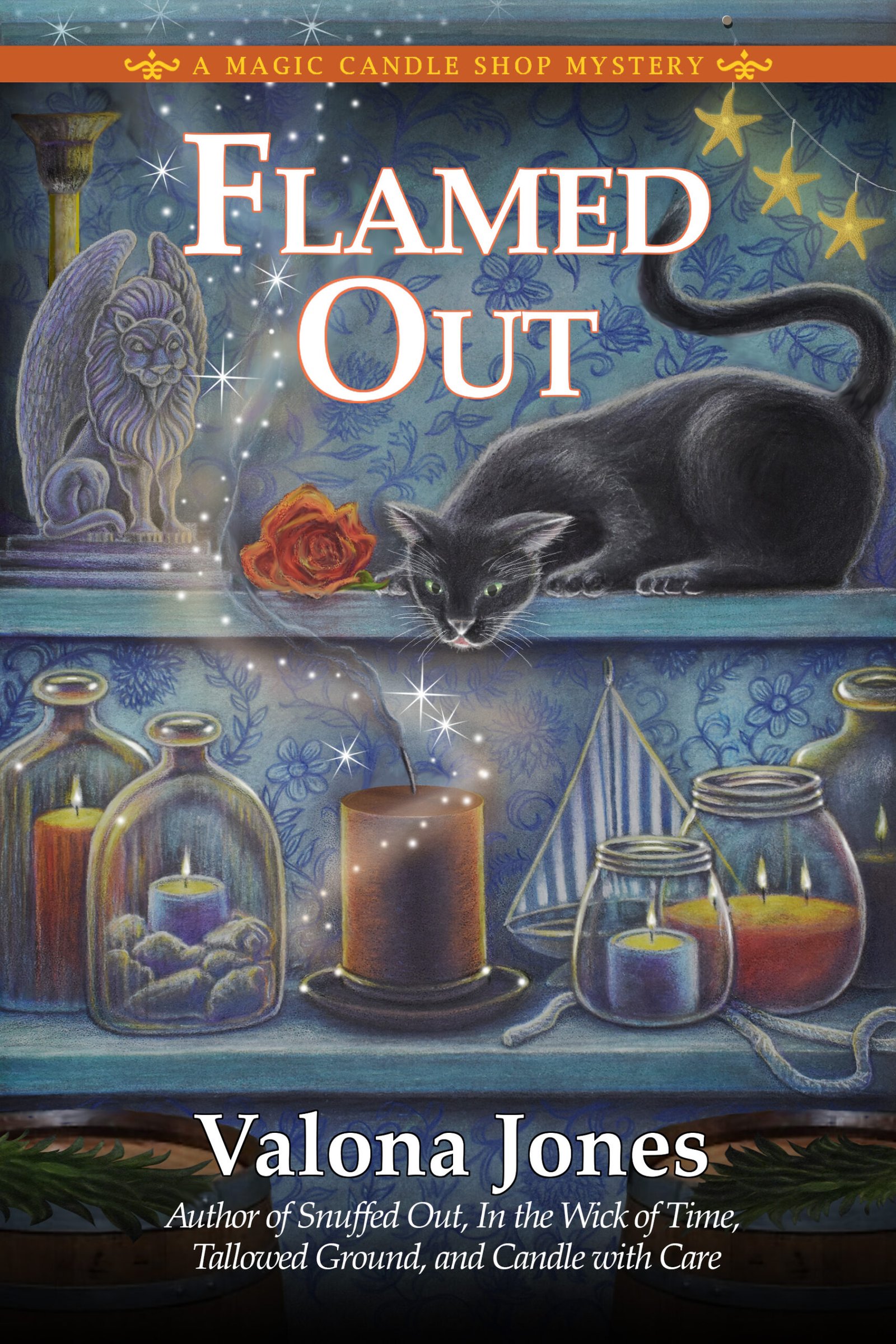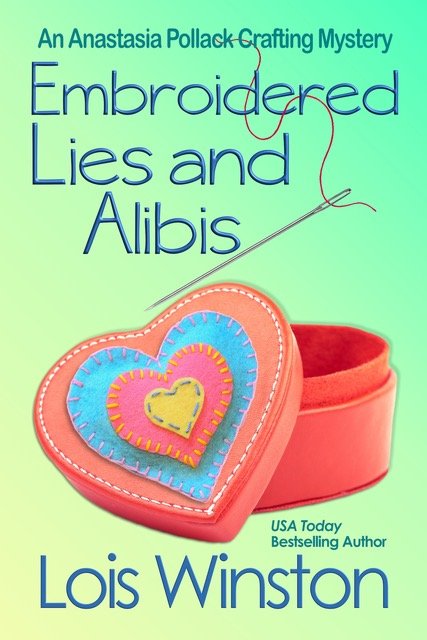Let's Talk with Nancy J. Cohen
Let’s Talk with Nancy J Cohen
Spring has a Buzz
by Nancy J. Cohen
 March heralds a transition from winter to spring. Honeybees, which have been dormant through the cold winter months, rouse to action as the weather warms and flowers bloom. I learned about these critters for Easter Hair Hunt, #16 in the Bad Hair Day Mysteries. This title just released two days ago. Story Description – An Easter egg hunt at a historic mansion is not all it’s cracked up to be when hairstylist Marla Vail discovers a body in a bunny suit. Can she use her egg-cellent sleuthing skills to solve the case?
March heralds a transition from winter to spring. Honeybees, which have been dormant through the cold winter months, rouse to action as the weather warms and flowers bloom. I learned about these critters for Easter Hair Hunt, #16 in the Bad Hair Day Mysteries. This title just released two days ago. Story Description – An Easter egg hunt at a historic mansion is not all it’s cracked up to be when hairstylist Marla Vail discovers a body in a bunny suit. Can she use her egg-cellent sleuthing skills to solve the case?
 As summer approaches, worker bees will leave their hives to forage for nectar and pollen. They use the pollen to feed their young and the nectar to make honey. Eventually the beekeepers can harvest this product, which ends up on our kitchen table.
As summer approaches, worker bees will leave their hives to forage for nectar and pollen. They use the pollen to feed their young and the nectar to make honey. Eventually the beekeepers can harvest this product, which ends up on our kitchen table.
Did you know there are single-floral varieties, such as mango and orange blossom honey, or multi-florals like wildflower honey? Honey varies in taste from mild to bold, the lighter-colored ones being milder. Honey is also known for its antiseptic and antibiotic properties as well as its use as a cough suppressant. People with seasonal allergies may find it helpful to ingest honey as a way to reduce their sensitivity to pollen.
I like to use honey on waffles and French toast instead of maple syrup. How about you? Are you a spoonful-of-honey in your tea kind of person? Do you add a slice of lemon, or perhaps go straight without any extras? And if you’re a honey fan, what is your favorite kind?
Leave a comment below for a chance to win an ebook copy of Easter Hair Hunt. Drawing will take place next Thursday and the winner will be announced here.
While you’re here, check out our Booklover’s Bench contest that runs from March 1-18. A randomly drawn winner will win the pick of one of the books offered in our prize vault. Click here to enter.
Posted in Let's Talk, with Nancy J. Cohen • Tags: BLB Discussion, Let's Talk, Nancy J Cohen, Spring Has a Buzz | 29 Comments







Learned a lot…very sweet!
Thanks, Debra! Hope you had a sweet birthday.
My favorite is fireweed honey which I always pick up if I am at Pike Place Market in Seattle. That doesn’t happen often, so I treasure it. I like orange blossom honey, which is hard to find up here because clover is the main crop. Not a lot of orange trees in the Rockies.
I haven’t seen clover honey around here and never heard of fireweed. It’s interesting how each region has their specialties based on the local crops and plants.
I adore the local honey. We have hives on the roof of the Museum of Fine Arts downtown. I can’t wait to taste it.
I like to buy local honey when possible, too.
Interesting information. I learned a lot
Thank you!
Sharon, I always like to learn something new for each book. It keeps things fresh and interesting for me … and for you!
I have a black thumb, but the one thing I was always able to grow was zucchini. One plant used to yield so much zucchini that I’d wind up giving half of it away each summer. About 5 or 6 years ago the one zucchini plant I planted each year resulted in few zucchini. Same happened over the next few years, even though I rotated where I planted and fertilized. Two years ago I learned why my plants weren’t producing any zucchini–the honeybees were dying off. But the horticulturist who told me this said they were coming back, and I should have a better crop the next season. He was right.
Honeybees are such an important link in our global food chain. We need them for much more than just delicious honey. It’s great that so many people are now becoming beekeepers and helping to repopulate the honeybee population.
Yes, honeybees are vitally important to our food chain. I’ll bet you have some good zucchini recipes?
Nancy, I have some great ones–especially zucchini muffins, zucchini bread, and zucchini latkes.
I have one for zucchini pancakes and zucchini chocolate cake. I’ll have to look on your site for these recipes you’ve mentioned.
I love honey and lemon cough drops. They really help me. I used to be a big fan of honey by itself, the non-exciting grocery store variety. But my taste buds changed over the years and there’s a texture and taste to all honey that doesn’t appeal to me now. It didn’t used to be this way for me and I hope I morph back into someone who enjoys honey. We have been having a big push in our area to establish more colonies of honeybees, and that’s been helpful to our nearly year-round flower season. Interesting post, Nancy! Best of luck with Easter Hair Hunt.
Honey and lemon drops are always in our drawer. Honey is supposed to have natural cough suppressant properties. Good to know if we get a virus and there’s no cough medicine on the shelves!
Nothing beats Orange Blossom Honey!
Yes, that’s my favorite.
I already told you that we keep bees. Nothing better than the local honey…orange or grapefruit or lemon blossom. And if you have allergies eating local honey helps immensely. My favorite way of eating it is on plain Greek yogurt. We’re also making mead, which is pretty yummy, too. We <3 our bees!
I love mead. Drank it first at Bunratty Castle in Ireland. Let me know when you have bottles for sale!
I’d love to read this! legallyblonde1961@yahoo.com
Thanks for visiting!
My favorite type of honey is clover honey, though orange blossom honey is nice as well. I like honey in tea with lemon if I have a cold.
I like to make brewed iced green tea and I’ll add in a few drops of lemon concentrate. We don’t have clover honey here.
I like to buy local raw, unfiltered honey. It does taste great in tea.
Honey always makes tea taste better.
Local honey is supposed to help combat allergies. Bees rock!
Yes, wildflower honey made from local blossoms helps with seasonal allergies.
My husband’s nickname for me is Honeybee! I love honey in chia tea!
Honeybee…I like that one!
Sharon Whaley wins an ebook copy of Easter Hair Hunt. Thanks to everyone who joined us here and left a comment!